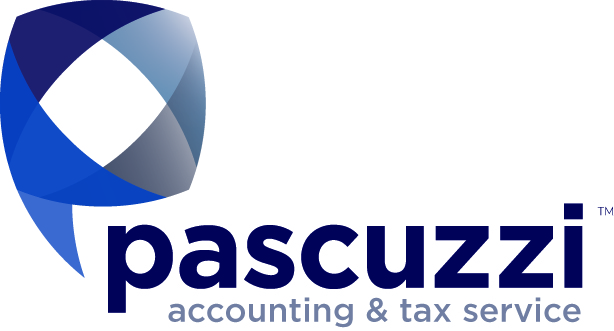Top Ten? I use to wait up to watch Late Night with David Letterman and his Top Ten. I won’t suggest taxation and comedy are similar, at least not to most people. But certain tax rules are absolute, and ignoring them can bring consequences. These 10 rules are very important and are far from a laughing matter.
10. Everything is Income. The IRS taxes all income from any source, whether in cash or in kind. Lottery winnings? Taxed. Gambling winnings? Taxed. You name it, it’s taxed. If you win a car, you pay tax on its fair market value even if you don’t sell it. And offsets or deductions are rarely as inclusive as the income.
9. Forms 1099 Really Count. Those little tax forms you get in January are keyed to your Social Security number. Like a W2, the IRS always gets a copy. Pay attention to them—the IRS sure does.
8. Pay Taxes Later. Most tax planning involves timing. You want to accelerate tax deductions. Conversely, try to defer tax payments, subject to constraints such as the constructive receipt doctrine. Under constructive receipt, if you have a legal right to pay but say “pay me later,” it’s taxed now.
7. Reply to Every IRS Notice. Keep a good record and immediately contact your tax professional. Often, fighting the IRS is about attrition. But don’t fight over small tax bills. If you get a small tax bill, pay it. Don’t risk an audit or bigger dispute by fighting over small dollars.
6. Don’t Talk To the IRS if They Visit. If the IRS comes to your home or business, you have the right to decline to speak with them. Ask them to talk to your tax professional. Take their card and be polite but firm. Usually you can’t effectively represent yourself, and it’s not worth the risk that you’ll say the wrong thing.
5. Keep Records and Watch the Statute. The usual IRS statute of limitations is 3 years after you file your return. If you understate your income by 25% or more, the IRS gets 6 years. You can probably throw out most tax records after 7 years, but keep copies of your tax returns forever.
4. Avoid Amending Tax Returns. Amended returns have a high audit rate especially if they request a refund. The IRS says you “should” amend your return if you discover a mistake after it’s filed. However, the only time you really must amend is if you knew when you filed your original return that it was false. If you decide to amend, you can’t cherry-pick which items to fix. The amended return must correct everything, not just the items in your favor.
3. Don’t Explain or Attach Too Much. Timely file your tax returns even if you can’t pay. Payment can come later, and might be the subject of an IRS installment agreement. Penalties will likely be smaller if you file on time. Keep your returns concise. If an explanation or disclosure is needed, keep it succinct. Attachments to tax returns should be limited to tax forms and, where needed, plain sheets of paper listing additional deductions, income, etc. Don’t attach other documents.
2. Be Careful With Big Refunds. Getting a big refund can make your return stick out. Consider applying some of the refund to the current year’s tax payments rather than asking for the cash. You’ll have a lower profile with an initial or amended return.
And the number one tip to keep the IRS away …
Hire a Professional. The IRS Code is complex … handling taxes by yourself is usually a mistake. Even simple audits can go awry or extend into other areas if you aren’t careful. Whether you need practical advice about a tax refund too good to be true, about independent contractor vs. employee status, or why tax opinions are valuable, get some professional advice. And don’t wait until the last minute.
Paul J Pascuzzi is an accountant, a member of the National Association of Tax Professionals and holds a Masters in Finance. He has been an independent tax professional since 1978, proudly serving the Warren area at affordable prices.
